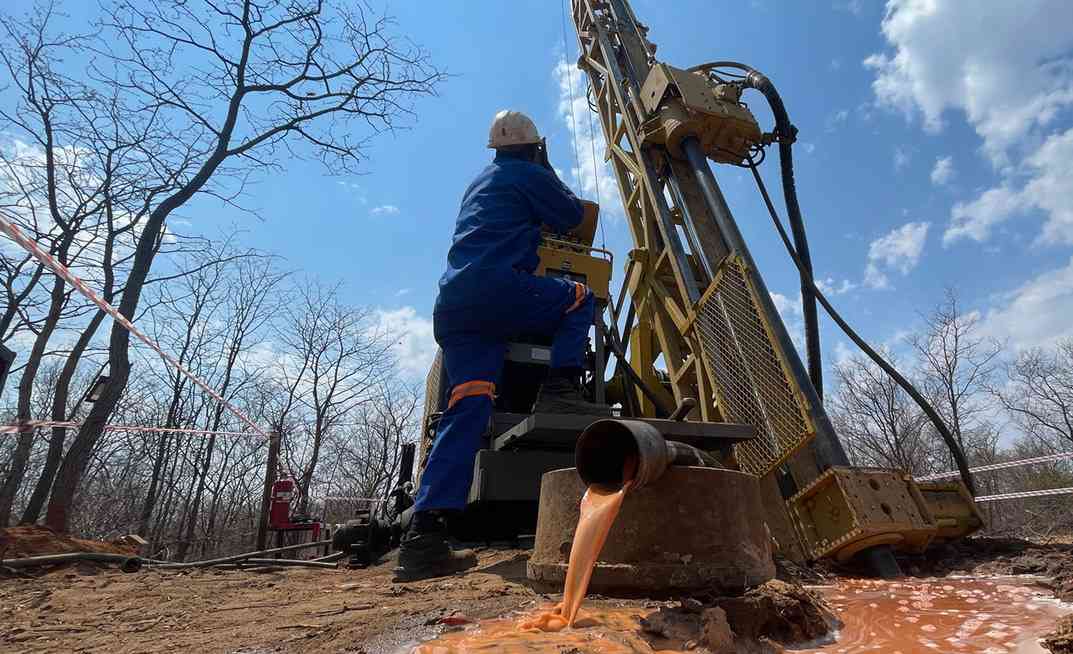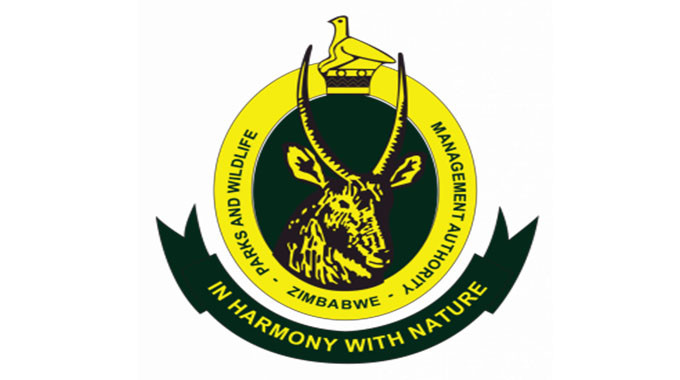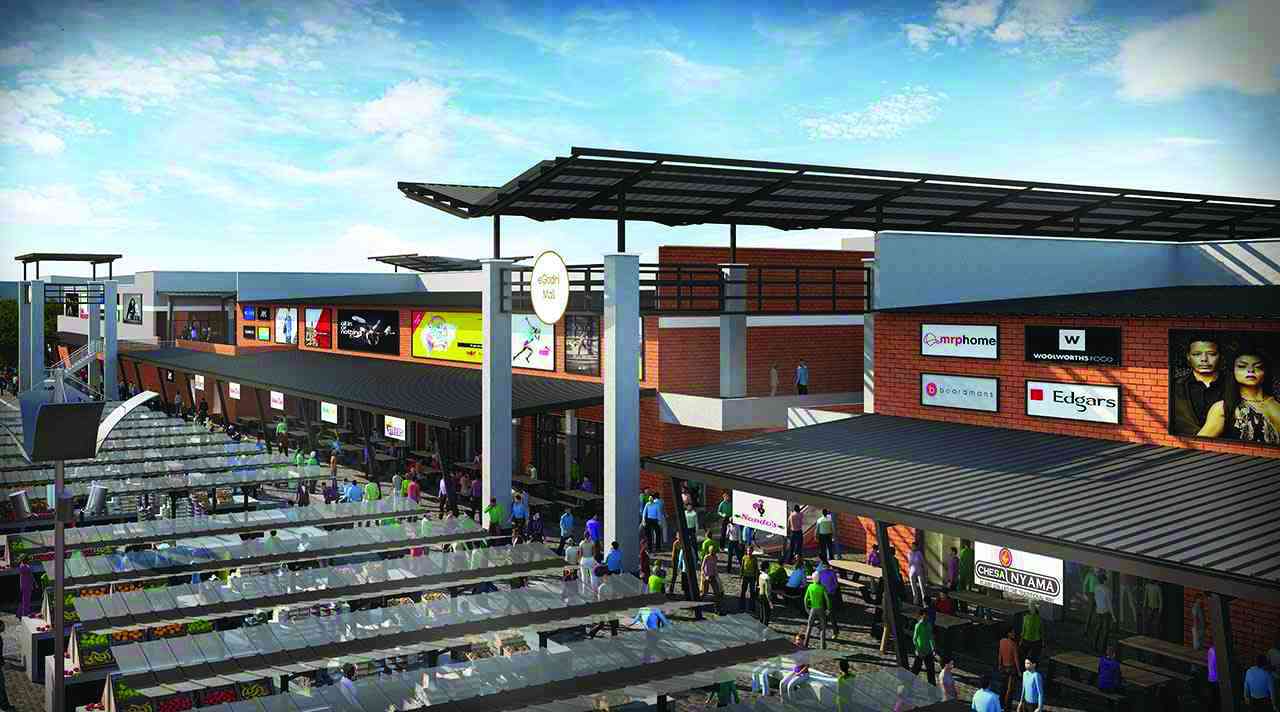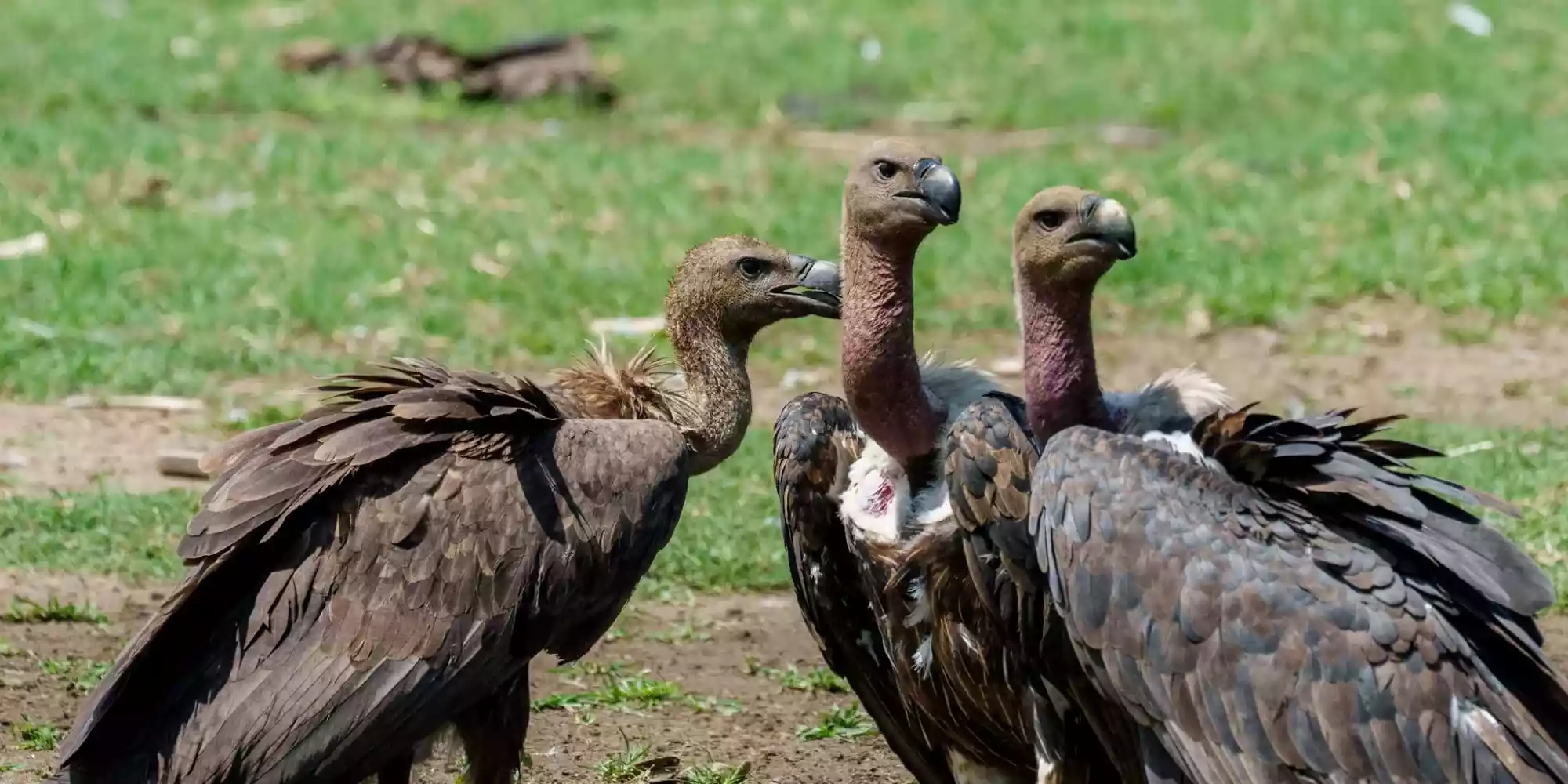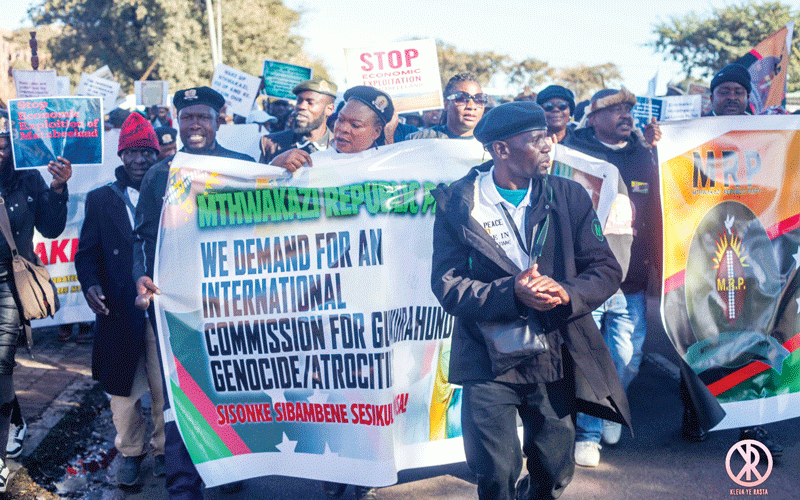
THE Mthwakazi Republic Party has petitioned South African President Cyril Ramaphosa protesting the abuse of Zimbabweans and other foreign nationals by locals in that neighbouring country.
There are rising fears of xenophobic attacks against black immigrants in South Africa as citizens in that country spread their attacks against foreign nationals seeking medical care at that country's clinics.
The vigilante groups are also raiding restaurants and other businesses, demanding that foreign nationals leave that country.
They accuse foreign nationals of stealing their jobs and finishing medicines meant for South Africans.
The crackdown is led by Operation Dudula supported by immigration officials where they raid businesses demanding identity documents from workers..
The Operation Dudula campaign is code-named: "Operation No Foreigner/No foreigners in non-critical skills jobs.”
In a petition addressed to Ramaphosa and copied to the Home Affairs and Health ministry respectively, MRP leader Mqondisi Moyo condemned the attacks against foreign nationals as xenophobic.
He cited the United Nations Universal Declaration of Human Rights, particularly Article 14(1), whjch affirms that “everyone has the right to seek and to enjoy in other countries asylum from persecution."
- Power crisis needs practical solutions
- Dangers of Arab Spring in SA
- Zimbabweans fork out US$24m for SA permits
- Power crisis needs practical solutions
Keep Reading
"The South African authorities’ actions, which include detention without fair trial, coerced deportations, and denial of access to basic services, are condemnable violations of this fundamental right," the petition read.
"These measures are not only unlawful but also morally indefensible, representing an unforgivable abdication of South Africa’s internationat and constitutional commitments.
"We demand the immediate cessatton of all harassment, detention, and deportation of Mthwakazi nationals.
"Their rights to safety, dignity, and due process must be unequivocally recognized and protected."
Moyo said the South African government must fulfil its obligations under international law, including Article 2 of the Convention against Torture, which prohibits cruel, mhuman, or degrading treatment, as well as the principles of non-refoulement enshrined therein.
He said access to essential services healthcare, education, and legal assistance must be guaranteed without discrimination or prejudice.
"Failure to adhere to these legal and moral imperatives constitutes a gross dereliction of duty, undermining the grinciples of justice, compassion, and respect for human rights," he said.
"It is a stain on South Africa's international reputation and a betrayal of its constitutional promise to uphold human dignity for all.
"We call upon the global community, international human rights bodies, and legal institutions to hold South Africa accountable for its violations and to ensure the protection of Mthwakazi nationals against ongoing xenophobic abuse and systemic neglect.
"Justice demands that these individuals be afforded the respect, safety, and legal protections they are inherently entitled to under both national and international law."
MoyO said the South African government must 'abandon its complicit silence and oppressive policies.'
“The international community, human rights organizations, and all advocates for justice must stand in solidarity with the Mthwakazi people and demand an end to their systematic persecution," he said.
"The South African government's inaction in this matter is utterly disgraceful and morally reprehensible.
"By failing to take decisive action to prevent and punish these crimes, the government is complicit in the perpetuation of xenophobia and racial discrimination."
Xenophobic attacks against black immigrants in that country are not new, and some victims that include Zimbabweans have been killed in cold blood.
There are no exact statistics of Zimbabweans living in South Africa legally and illegally, but estimates put the figure at over 1million.
According to the International Labour Organisation (ILO) labour migration in Africa is largely intra-regional (80%)1 and mainly characterised by the migration of low-skilled workers.
The ILO noted that African migrants, asylum seekers and forcibly displaced persons often use the same migration routes.

